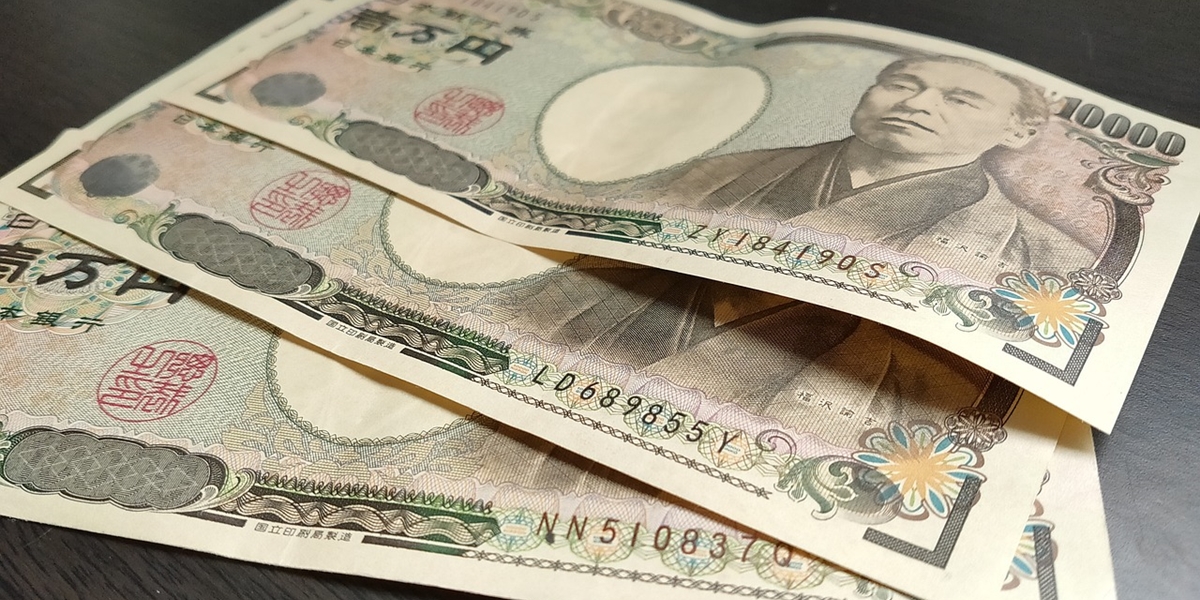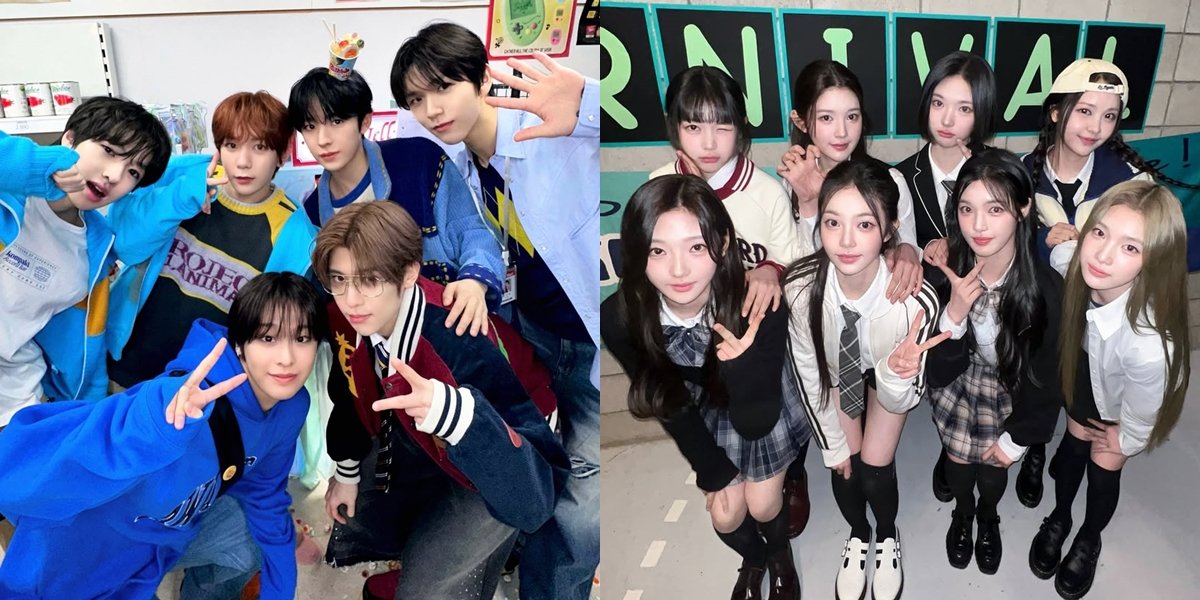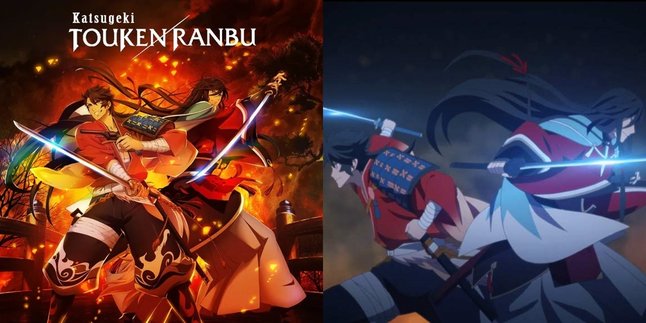Kapanlagi.com - In this article, Kapanlagi will comprehensively discuss the meaning of Japanese language currency and its usage for constructing sentences. The Japanese language itself has a unique cultural and linguistic wealth related to the concept of money.
Here, Kapanlagi will explore the meaning of money in Japanese culture, its types, and how money is reflected in everyday conversations. Additionally, there are guidelines for constructing appropriate sentences in the context of using the word 'money' in the Japanese language.
By understanding this, readers will have a deeper understanding of the role of money in life and the Japanese language. Here is the meaning of Japanese currency.
1. Understanding Japanese Currency
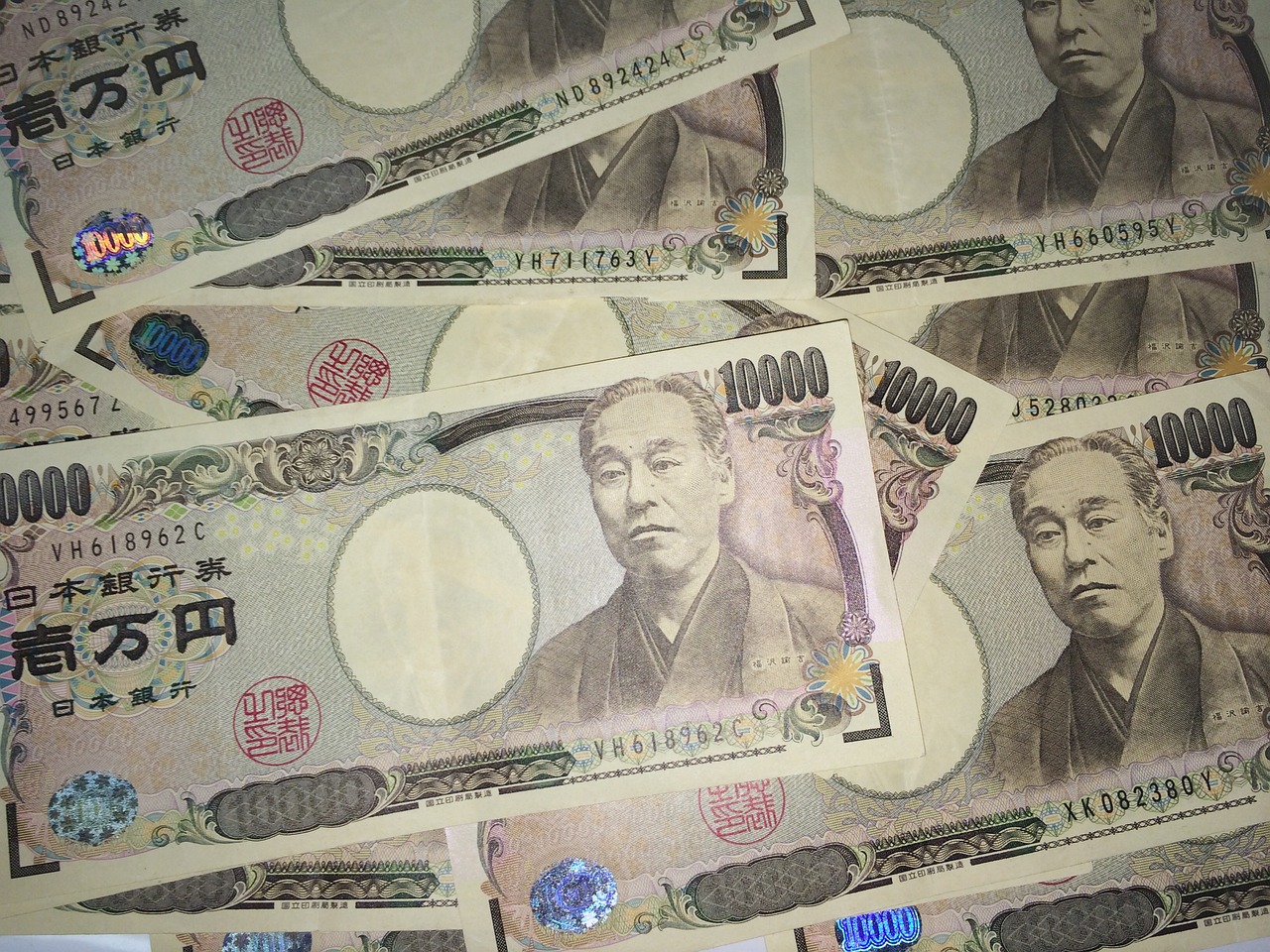
Illustration (credit: pixabay.com)
The Japanese word for money can be expressed as "okane". This term encompasses the concept of currency, including coins and banknotes, as well as all types of exchange values used in the Japanese economy.
Okane has a deep meaning in Japanese culture and influences various aspects of daily life and social values. Here are some ways in which money has meaning in Japanese culture:
1. Thrift and Savings
The principle of thrift is an important part of Japanese culture. The concept of "mottainai" (regret for waste) and "kakeibo" (household expense book) emphasize the importance of managing money wisely.
2. Politeness in Spending
Japanese culture emphasizes the importance of not showing excessive wealth or wasting money. This is reflected in a simple lifestyle and thoughtful spending.
3. Gift Culture
Money is often given as a gift on various occasions, such as New Year celebrations (otoshidama) or weddings.Giving an appropriate amount of money shows respect and consideration.
4.Respect in Transactions
When making transactions, whether it's shopping or paying bills, Japanese people often show respect by handing over money with both hands.
5.Spiritual Association
In Japanese culture, money can also have spiritual connotations.Some Shinto and Buddhist traditions associate money with luck and success.
2. Types of Currency in Japan
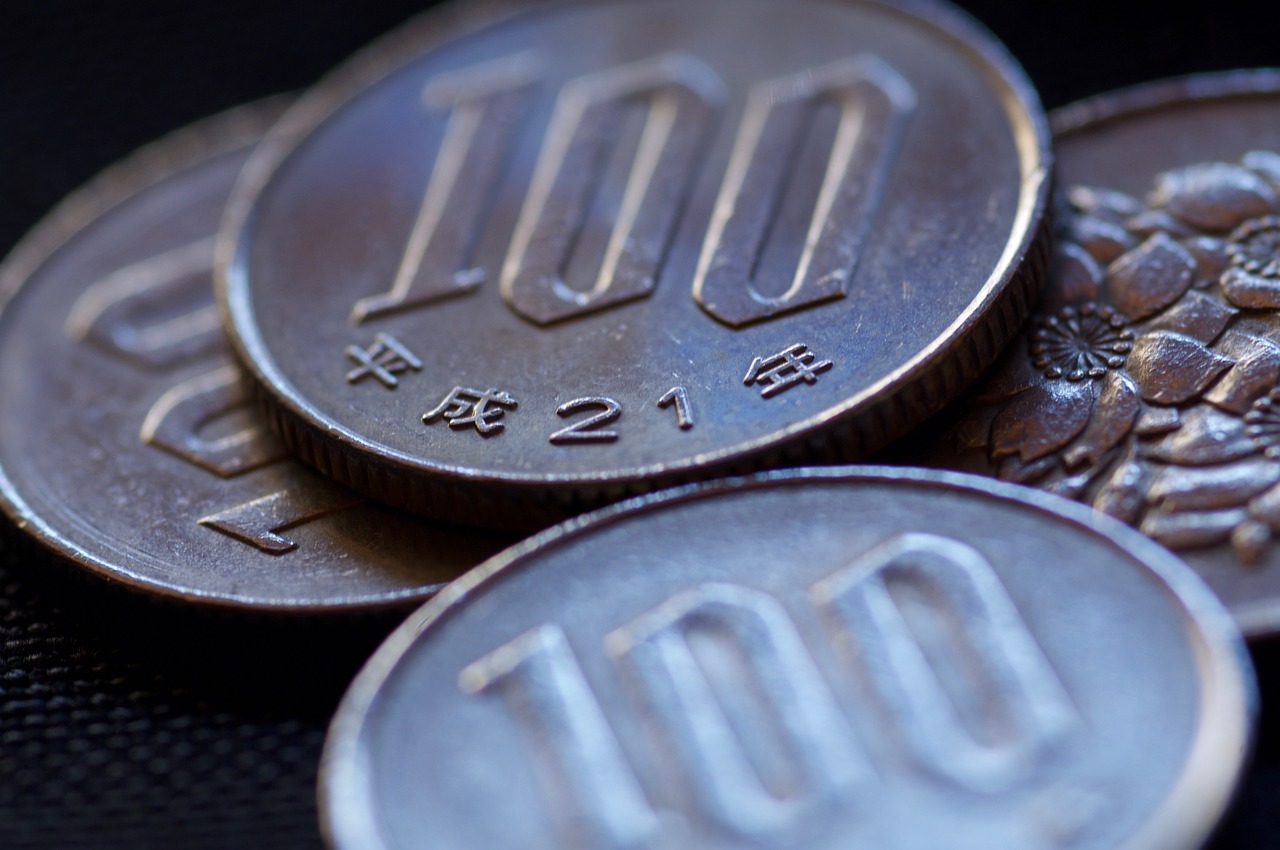
Illustration (credit: pixabay.com)
In addition to knowing the meaning of Japanese money or okane, KLovers can also learn about the types of money or okane in Japan.Here are some types of money or okane in Japan along with their explanations:
1.Paper Money (shihei)
The first type of money is paper money, which is the primary form of currency in Japan.The Bank of Japan issues paper money in various denominations, ranging from ¥1,000 to ¥10,000.
The paper money in Japan itself has unique designs for each denomination, and these currencies often feature historical figures or Japanese landscapes.
2.Coins (koka)
Japan also uses coins as a means of payment.Japanese coins consist of values such as ¥1, ¥5, ¥10, ¥50, ¥100, and ¥500.¥1, ¥5, and ¥50 coins are made of aluminum, while the others are made of nickel-plated steel and have different sizes.
3. Ancient Coins (ko-sen)
In addition to modern coins, Japan also has a long history of using ancient coins. Ancient coins such as koban and ryo were used in the past as the currency of Japan before the introduction of the modern currency system.
4.Electronic Money
With the advancement of technology, electronic payments are becoming more common in Japan. Credit cards, debit cards, and electronic wallets such as Pasmo and Suica have become popular among Japanese citizens for everyday payments.
5.Foreign Currency
In major cities and tourist areas, foreign currency can also be accepted in some transactions, especially in places that cater to international tourists.
6.Otoshidama
Otoshidama is a money gift given to children during the New Year celebration. Usually, otoshidama is given in a special envelope and is part of Japanese tradition.
3. Pronunciation of Currency in Sentences
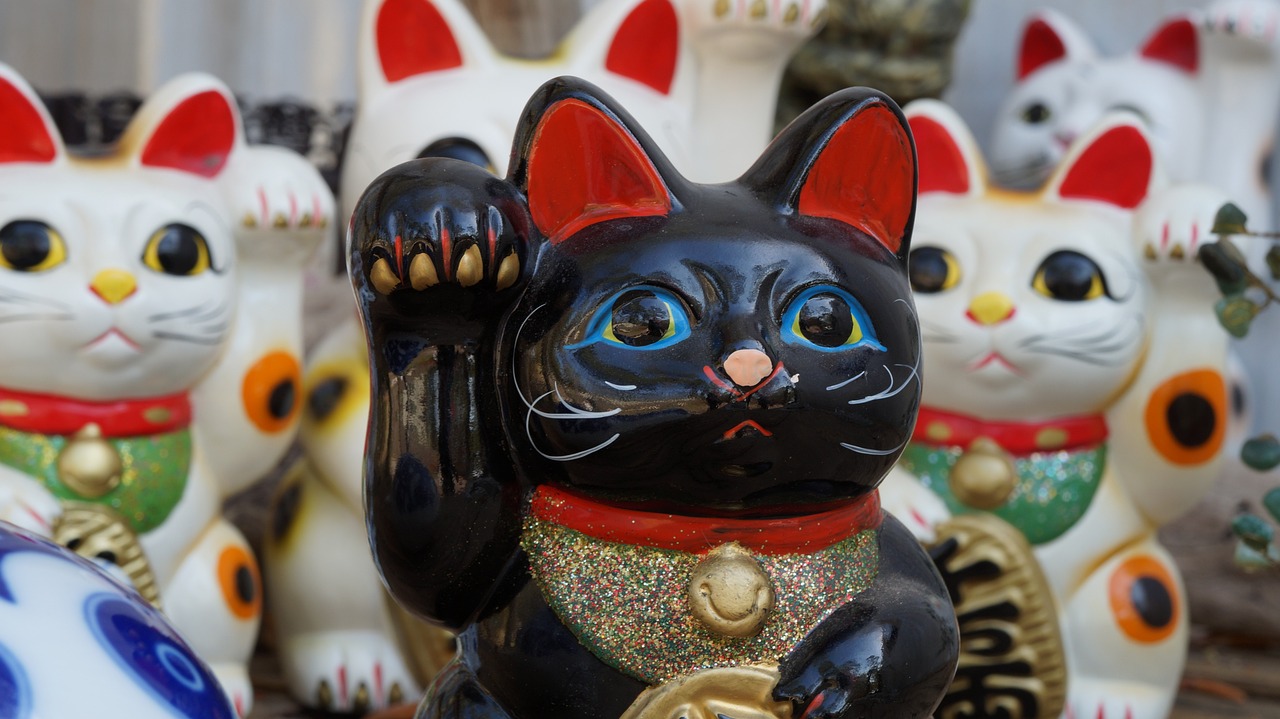
Illustration (credit: pixabay.com)
What is the correct way to pronounce currency in a sentence? In every sentence, the word "okane" or money is used according to its context. Here are some examples of how the word "money" or "okane" can be used in Japanese sentences:
1. "Watashi wa takusan no okane o motteimasu." (I have a lot of money).
2. "Ikura no okane ga hitsuyo desu ka?" (How much money do you need?).
3. "Kare wa kyuka no tame ni okane o tameteimasu." (He is saving money for a vacation).
4. "Anata wa okane o kashikoku kanri suru hitsuyo ga arimasu." (You need to manage your money wisely).
5. "Kore o shiharau tame ni jubun na okane o motteimasu ka?" (Do you have enough money to pay for this?).
6. "Kare wa watashi ni purezento toshite okane o kuremashita." (He gave me money as a gift).
7. "Watashi wa okane o Nihon-en ni ryogae suru hitsuyo ga arimasu." (I need to exchange my money to Japanese yen).
8. "Okane wa shiawase o kau koto ga dekimasen." (Money can't buy happiness).
That's the understanding of Japanese currency or "okane" that KLovers can learn and understand. With a deeper understanding of Japanese currency, readers are expected to be able to apply it in their daily lives.
(kpl/dhm)
Disclaimer: This translation from Bahasa Indonesia to English has been generated by Artificial Intelligence.
